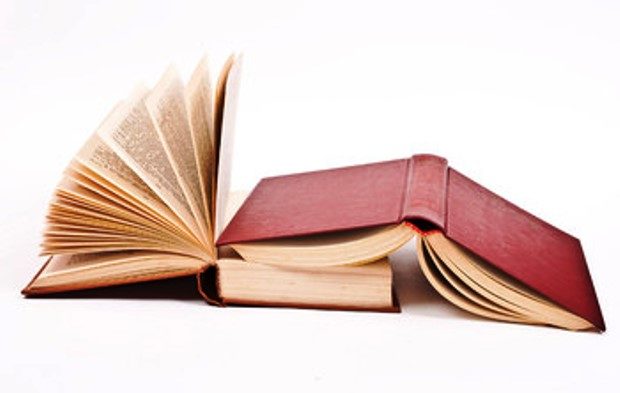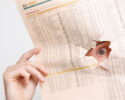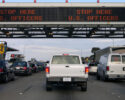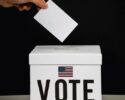Podcasts

Photo: clipart.com, NewsRadio WINA
In this segment, Les Sinclair talks with historian Rick Britton about TODAY IN U.S. HISTORY: One hundred twenty-two years ago, today—on May 1st, 1898—the U.S. Asiatic Squadron destroyed the Spanish Pacific fleet in the Battle of Manilla Bay, the first battle of the Spanish-American War. The war began in Cuba in 1895 with a Cuban rebellion against Spanish rule. On February 15, 1898, a massive explosion of unknown origin sank the USS Maine in the Havana harbor, killing 260 American crew members. An official report stated that the cause was a Spanish mine—and a majority of Americans believed that Spain was responsible—but there was actually very little evidence. The U.S. declared war on April 25th. In the Pacific, U.S. Commodore George Dewey, in command of the seven-warship U.S. Asiatic Squadron, was ordered to “capture or destroy” the Spanish Pacific fleet, which was known to be somewhere near the Spanish-controlled Philippines. An April 30th, Dewey’s ships slipped into Manilla Bay and spotted the Spanish fleet consisting of 10 outdated warships. The next morning, at the range of a mile from the enemy, Commodore Dewey turned to the captain of his flagship, the Olympia, and said, “You may fire when ready, Gridley.” (It’s one of the most famous quotes in U.S. naval history.) Within two hours, the Spanish fleet was decimated. Trapped in the harbor, they surrendered at 12:30 p.m. Nearly 400 Spanish sailors were killed and all 10 Spanish warships were wrecked or captured at the cost of only six Americans wounded. Dewey’s victory cleared the way for the eventual transfer of the Philippines from Spanish to American control. In Cuba, Spanish forces crumbled, and on August 12 an armistice was signed. The official treaty came in December. Puerto Rico and Guam were ceded to the United States, and the Philippines were purchased for $20 million. In October of 2018, I had the opportunity to tour the USS Olympia in Philadelphia. It was a special treat for me, I had a model of the vessel when I was a kid.









